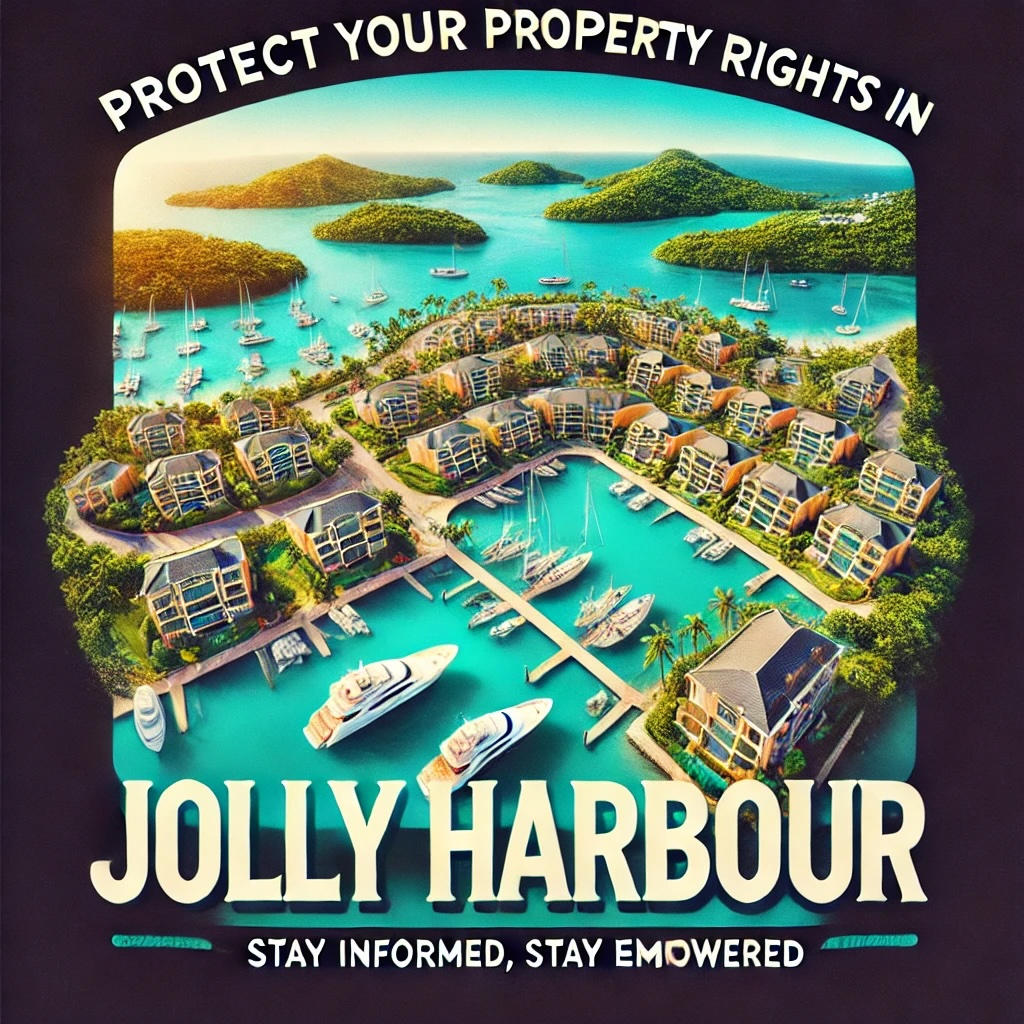In CDAL's 2025 budget presentation, several line items labeled "Rent Expenses" stand out for both their substantial cost increases and the questionable benefit they provide to Jolly Harbour freeholders. Specifically, freeholders are being charged for:
- Tennis, Pickleball, and Pool – New sports and pool facilities
- Warehouse – Renovations to an older storage building
- Administrative Offices – A newly constructed space for CDAL admin, maintenance, and grounds staff
- Security Huts – The new security booth(s) at Jolly Harbour's recently altered entrance
According to finding of freeholders, this "rent" is paid to various entities under the Sabana corporate umbrella (including "Porto Paloma," a sister company of CDAL), and in some cases, the land or buildings are apparently owned by CDAL itself.

📄 Full Article Access
To access the complete article: Contact legal -at- jollyharbour -dot- org with your property details to receive the full content.
